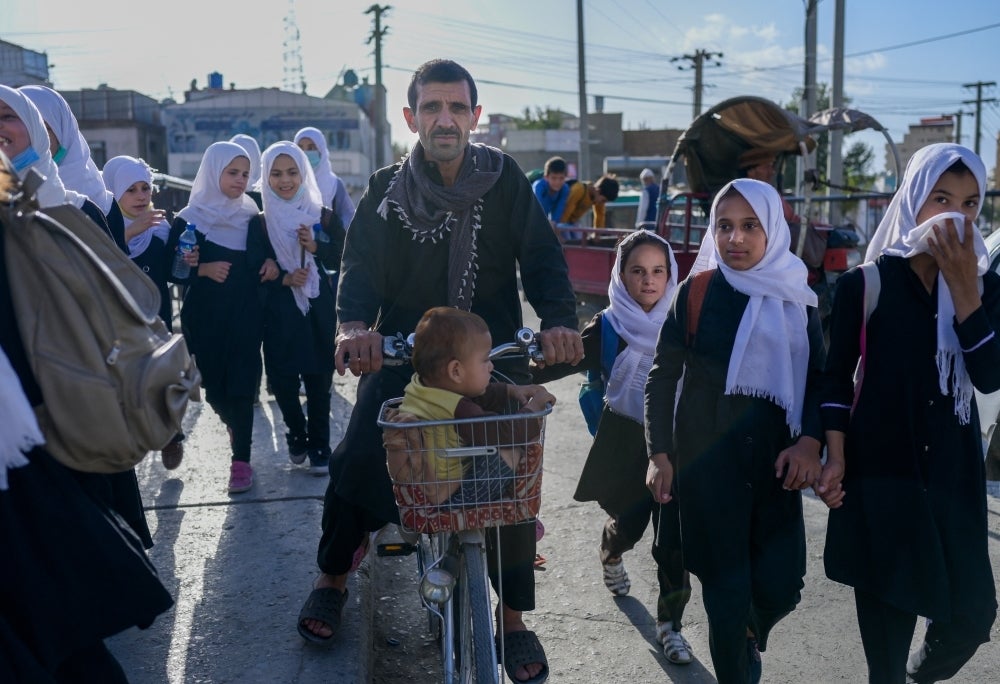Afghans still struggle to survive after one-year of Taliban rule - ICRC
18 Aug 2022 03:08pm

The Taliban retook control of Afghanistan in Aug 15, 2021, two decades after being removed from power by a US-led military coalition. - AFP Photo
The International Committee of the Red Cross (ICRC)’s Regional Director for Asia and the Pacific, Christine Cipolla, in recalling her visit to Afghanistan almost a year ago, said she could vividly remember the country’s medical system was about to shut down back then.
"The country’s dedicated medical staff hadn’t been paid in months, and the needed drugs and equipment for quality care weren’t available.
"Mothers and pregnant women could not always be adequately treated in a country already facing one of the highest maternal mortality rates in the world, with 638 women dying per 100,000 live births.
"To take immediate steps to save lives and keep health care facilities running, ICRC started supporting 33 large hospitals across the country in November 2021,” she said in a statement made available by ICRC to Bernama.
The Taliban retook control of Afghanistan in Aug 15, 2021, two decades after being removed from power by a US-led military coalition.
The initiative by ICRC has enabled Afghan medical staff to resume providing quality care, adding that one very tangible outcome from the initiative was more than 113,500 babies have been delivered in those facilities since January this year.
Cipolla who is based in Geneva, Switzerland said the economic impact of the Ukraine-Russia conflict on the price of basic commodities has severely harmed the purchasing power of Afghan families.
She also said millions face increasing shortages of electricity and safe drinking water, which poses a risk of waterborne diseases, and despite their best efforts, humanitarian organisations don’t have the capacity to meet the growing needs of the Afghan population.
"Without urgent international support and investment, millions of children, women and men face immediate life-threatening issues.
"With more than half the population in need of humanitarian assistance and nearly 20 million people estimated to be acutely food insecure, what future can mothers and fathers see for their children and those 100,000-plus babies born this year? she asked.
"States and development agencies must return to Afghanistan and continue their support for Afghans, who are already facing an unbearable situation,” she added. - BERNAMA
Download Sinar Daily application.Click Here!














